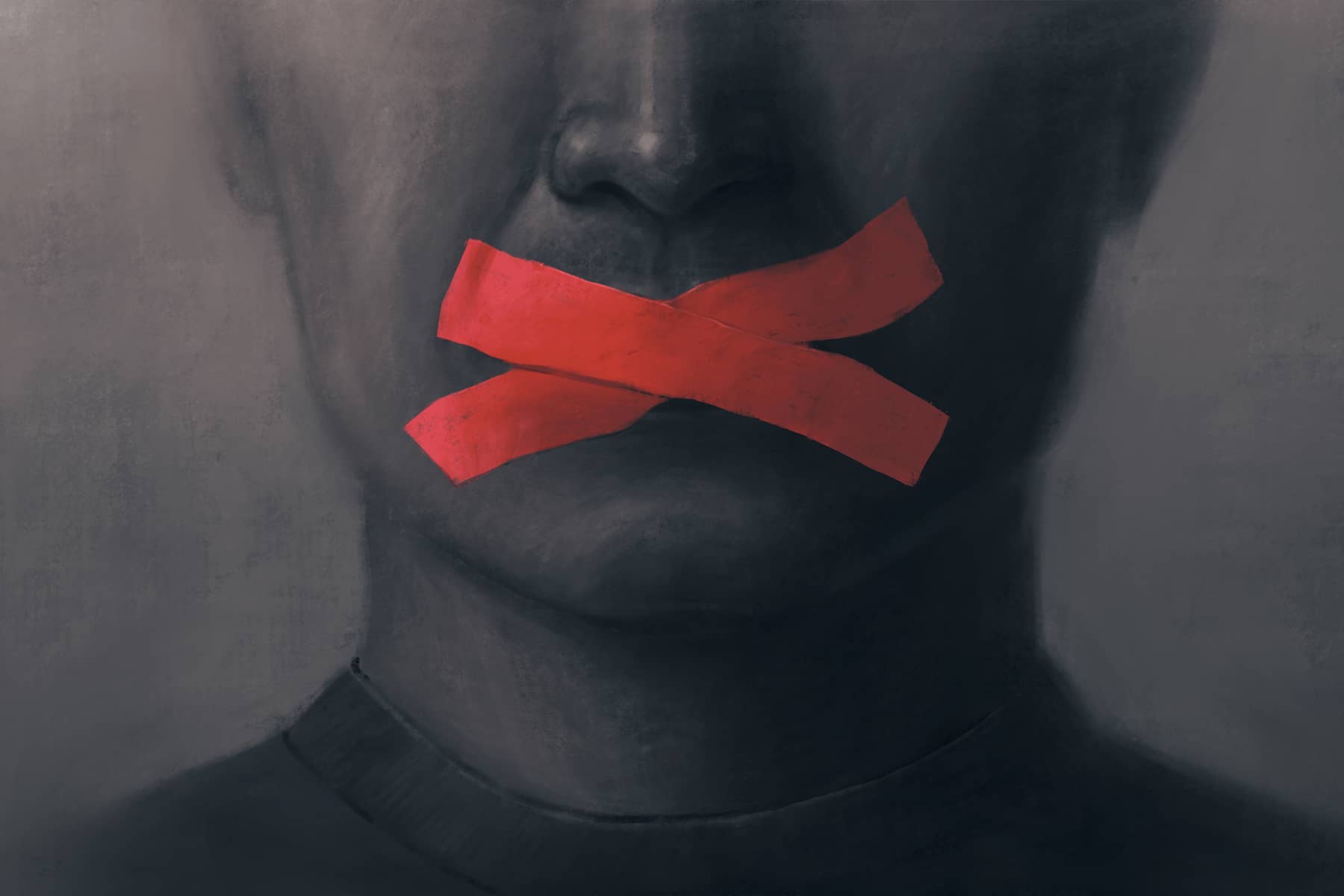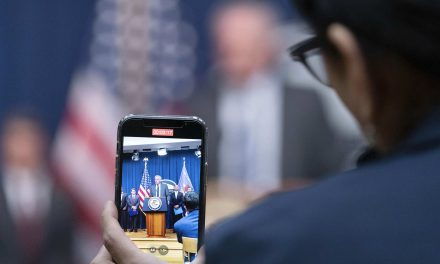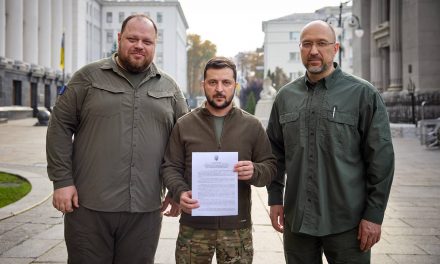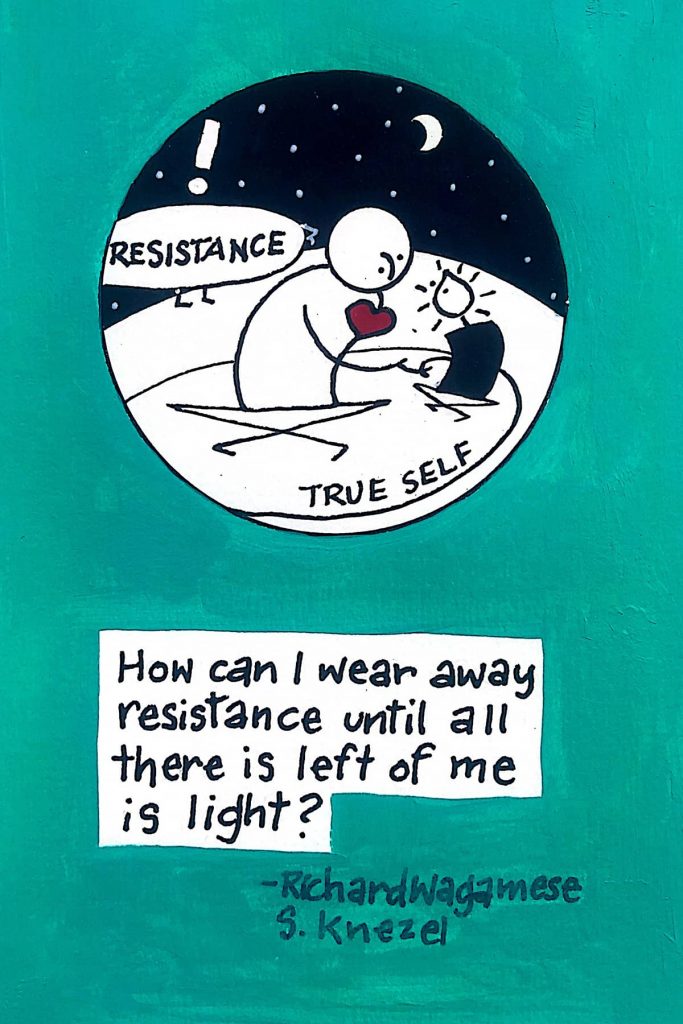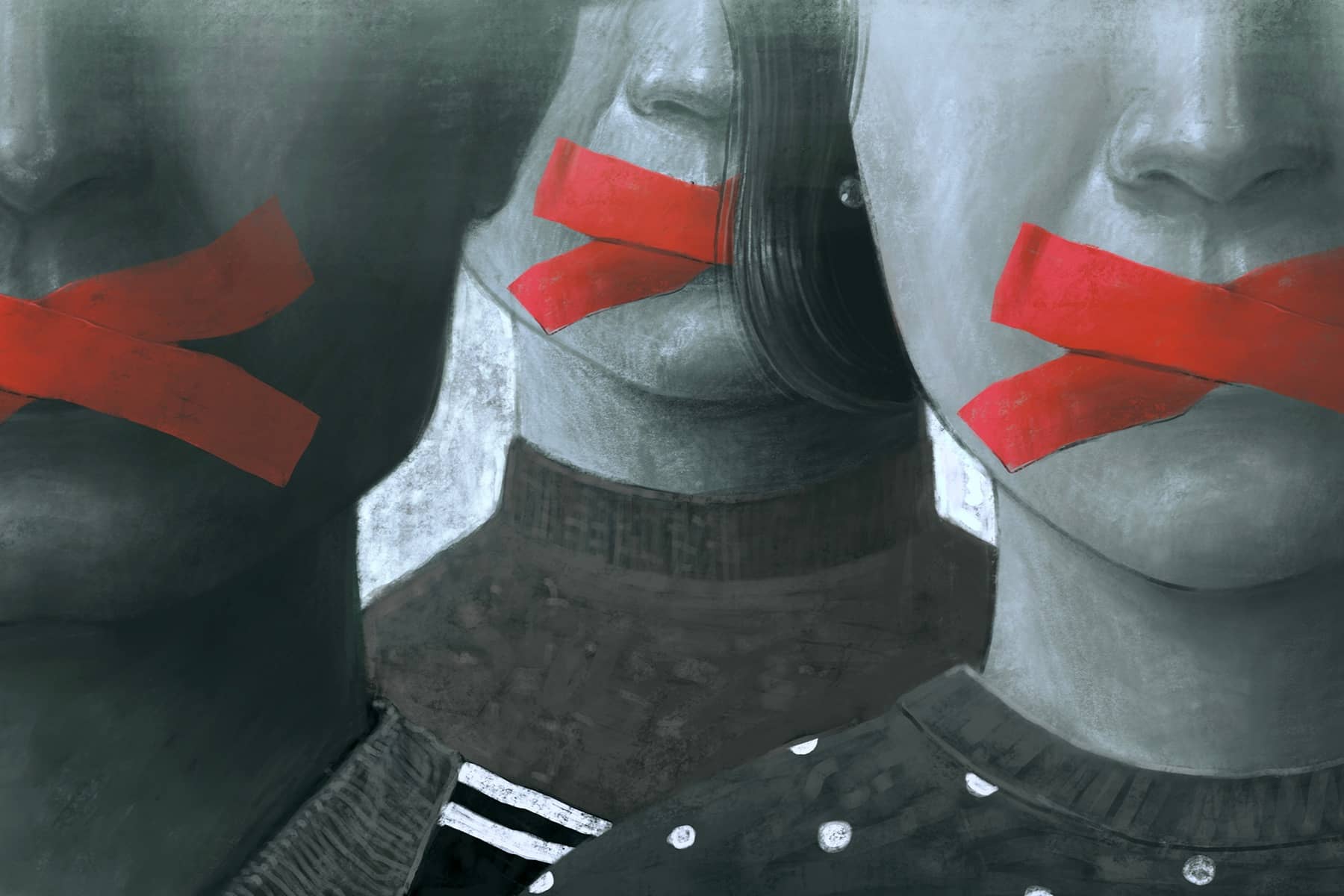
I have repeatedly heard American TV commentators wonder out loud how it is that average Russians do not believe the horrors their government has inflicted on Ukraine and its people.
The most common story is of Ukrainian refugees or people under bombardment who have tried to tell friends or relatives back in Russia what is going on and gotten a disbelieving response.
“How could average Russians be so stupid?” seems to be the main line of inquiry.
Another line of questioning wonders out loud if Putin’s lock on Russian TV and radio is so complete that, like the old Soviet Union, no truth can get through.
The reality is “none of the above.” While Putin does control the media in Russia now, the horrors of the war in Ukraine are not all that difficult to find online.
But Russians are looking at the war from their own point of view, just as Americans viewed our unprovoked and lethal bombing attack on Baghdad in April of 2003. It is “our side versus their side,” and that perspective is being used to sell the war within Russia.
Russians are not any smarter or stupider than Americans, and vice-versa. Ditto for Ukrainians and everybody else on Earth. We’re all just human beings with the same vulnerability to “patriotic propaganda.”
Hundreds of thousands of years of living in families, bands and tribes — when the success of the group meant survival for its individual members — have conditioned us humans to reflexively trust people we have given authority to, at least until they are totally, utterly discredited.
This is the foundation of our loyalty to sports teams and towns or regions as much as it is our loyalty to our nations. We gain comfort and a sense of safety believing that we’re part of something larger than ourselves.
When we are members of – or at least cheerleaders for -a “team” — be it sports, family, community, or government — our instinctive baseline assumption is that the team’s leaders are working honestly for the benefit of everybody.
It was why when President Johnson told us we had sustained an attack in the Gulf of Tonkin and had to go to war with North Vietnam, it took about a decade for the majority of Americans to realize we’d been lied to. Richard Nixon even doubled down on it, riding to re-election in 1972 on his promise to “win” the Vietnam war “with honor.”
It was why when George W. Bush and Dick Cheney told us there were weapons of mass destruction in Iraq that Saddam Hussein intended to use against us, it took most Americans several years to realize that we had been lied into a second war we did not want or need.
If it took us years to figure out that American leadership was lying to us about issues of war and peace, why should any of us think Russians will only take a few days or weeks to figure out that the same thing is happening to them right now?
We made the same mistake average Russians are making right now. Repeatedly. It was all about human nature being exploited by ruthless politicians.
This is the great danger for all nations, and democracies are only slightly less vulnerable to it than autocracies like Russia.
Which is why the Framers of the Constitution put into it a provision they believed would stop or at least slow any hasty or dishonest attempts to drag America into unnecessary war.
Speaking directly to this issue, on April 20, 1795, James Madison, who shepherded through the Constitution and Bill of Rights and would become President of the United States in the following decade, published an essay he titled Political Observations 20.
In it, he offered an “observation” that was critical for us to hear today:
“Of all the enemies to public liberty war is, perhaps, the most to be dreaded because it comprises and develops the germ of every other.”
Reflecting on war’s impact on the Executive branch of government, Madison continued his essay about the dangerous and intoxicating power of war for a commander-in-chief president.
“In war, too, the discretionary power of the Executive [president] is extended,” he wrote. “Its influence in dealing out offices, honors, and emoluments is multiplied; and all the means of seducing the minds, are added to those of subduing the force of the people.”
It was that human tendency to rally around the flag during a time of crisis, to believe “patriotic propaganda” that leads us to war, that Madison was worried about.
We can now look back over the past 50 years and so how badly it has torn apart our country – and continues to haunt us in Iraq and Afghanistan.
War, after all, is legalized murder. And, as we see today in Ukraine, it often involves large amount of property destruction and even widespread rape.
War, Madison proposed, and the impulse to use war to gain political power or get rich, is cancer, a malignancy that infects “republican” governments as well as kingdoms and theocracies.
“The same malignant aspect in republicanism,” he wrote, “may be traced in the inequality of fortunes, and the opportunities of fraud, growing out of a state of war, and in the degeneracy of manners and of morals, engendered by both.”
Nobody, he knew, is immune to war’s seduction, and no free nation can survive if those who would make unnecessary war are not held to account.
“No nation,” he concluded, “could preserve its freedom in the midst of continual warfare.”
He and his colleagues did everything they could think of to prevent the new country they were birthing from engaging in unnecessary war, and finally believed they had it figured out:
“The reader shall judge on this subject for himself,” Madison wrote. “The constitution expressly and exclusively vests in the legislature the power of declaring a state of war…”
The key to it, he said, is found in that part of the Constitution where the power to declare a war is held exclusively by Congress, while running the military and making the war itself is entirely in the hands of the Executive Branch.
“The separation of the power of declaring war, from that of conducting it, is wisely contrived, to exclude the danger of its being declared for the sake of its being conducted.
“The separation of the power of raising armies, from the power of commanding them, is intended to prevent the raising of armies for the sake of commanding them.”
But we have repeatedly failed to keep the power to make war constrained to the body that is, at least in theory, closest to the people: Congress.
Instead, for 70 years we have given presidents the power to make war with slick weasel words like “police action” and “Authorization to Use Military Force.”
Which makes it so hard to prevent war.
War is, on the one hand, the ultimate poison to a democracy unless it was waged defensively like we last saw in WWII. The very human impulse to rally around one’s family, team, and nation is nearly irresistible, as we have seen here in America even when UN Weapons Inspectors are calling out the lies.
Russia’s reckless war against Ukraine should punctuate this lesson for all Americans. And it emphasizes how a country cannot restrain its power to make war when it is in the middle of one.
Now, therefore, is the time for us to strengthen America’s defenses against a future war-wanting president.
Our Constitution, as Madison pointed out, vests the power to declare war exclusively with Congress, but we have watered it down. And we need to fix that.
Slick warmongers have succeeded in finding ways around that constitutional requirement, as mentioned earlier.
This generation must reverse those war-making grants of executive privilege and prevent any future president from leading America into another disastrous war like Russia is facing in Ukraine and we are still reeling from as Afghanistan slips into famine.
This does not mean that America cannot participate in helping countries like Ukraine defend themselves, as long as Congress authorizes it.
But if we do not take this opportunity to fix our war-making laws now, we risk our democratic republic sliding farther away from the separation of powers principle that prevents wars. As Madison noted, that makes us more vulnerable to “fraud” and the “degeneracy of manners and of morals” that is so common in oligarchies.
Congress must make clear that America will only engage in wars that are debated and declared by Congress as the Constitution requires. No more Vietnams or Iraqs.
With our precedents and laws as they are today, our next president — especially if it is another rightwing narcissist — can still follow Bush’s war-path to re-election.
History shows that all it takes to get high approval ratings for war is showering a country with patriotic propaganda, telling the story exclusively from that country’s perspective.
Putin is doing that now in Russia, and Americans have fallen for a similar sales pitch from cynical presidents using war for their own purposes thrice in my lifetime. None of those American wars were declared by Congress, as the Constitution requires.
We must reassert the wisdom of clearly defining war and not allowing a single person, grasping for the added power and popularity war initially brings, to declare war on behalf of Americans. Otherwise, the only thing at the end of that road, beyond more piles of dead bodies, is the end of democracy.
© Thom Hartmann, used with permission. Originally published on The Hartmann Report as Beware: The Human Vulnerability to “Patriotic Propaganda”
Subscribe to The Hartmann Report directly and read the latest views about U.S politics and other fascinating subjects seven days a week.

